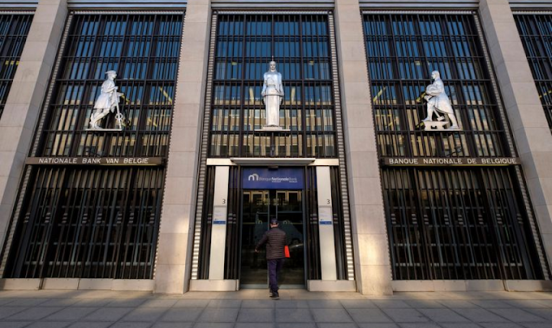How are crises changing central bank doctrines?
How is monetary policy evolving in the face of recent crises? As central banks take on new roles, how accountable are they to democratic institutions?

Speakers
Benoît Coeuré
President, French Competition Authority
Hans-Helmut Kotz
Visiting Professor of Economics & Resident Faculty, Minda de Gunzburg Center for European Studies, Harvard University,
Maria Demertzis
Senior fellow
Pervenche Berès
President, Association Europe Finances Régulations (AEFR),
Athanasios Orphanides
Professor of the Practice of Global Economics and Management, MIT
Video and audio recording
Central banks define strategies to achieve their ultimate objectives. These strategies reflect changing doctrines, that is, underlying ways of reading the monetary policy environment and using their instruments. Over time, they also respond to differing objectives, that is, expectations about the proper targets monetary policy should pursue. In the wake of the Great Inflation of the 1970s, achieving price stability became dominant. With the Great Financial Crisis of 2008-09, financial stability re-emerged, as a second goal. Subsequently, with inflation too low for more than a decade, control of policy rates became ineffective. Central banks had to become unconventional, very substantially increasing the size of their balance sheets, even more so, in the wake of the Covid-19 pandemic. Concurrently, since the mid-2010s, the existential threats arising from climate change led to calls on central banks to acknowledge these risks in conducting monetary policy as well. However, with an ever-broadening set of objectives, often conflicting and inevitable trade-offs, and a limited set of tools, questions about the democratic legitimacy and appropriate control of such a broad charge became topical.
This event featured the presentation of a new issue of Revue d’Économie Financière which documents these changing demands on central banks and the lessons they have drawn from the various crises since the 1970s.








